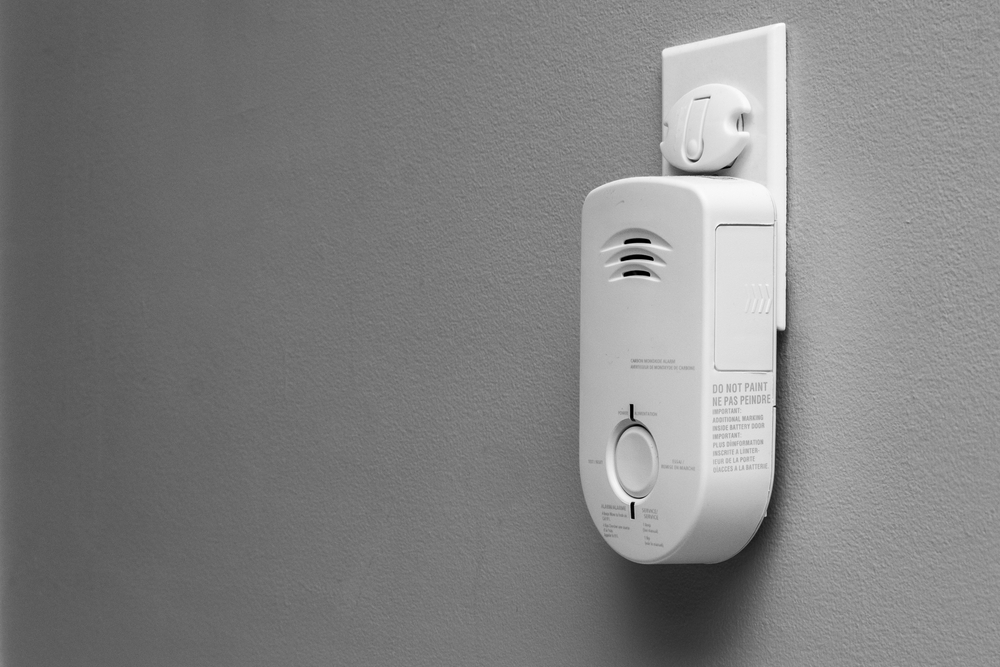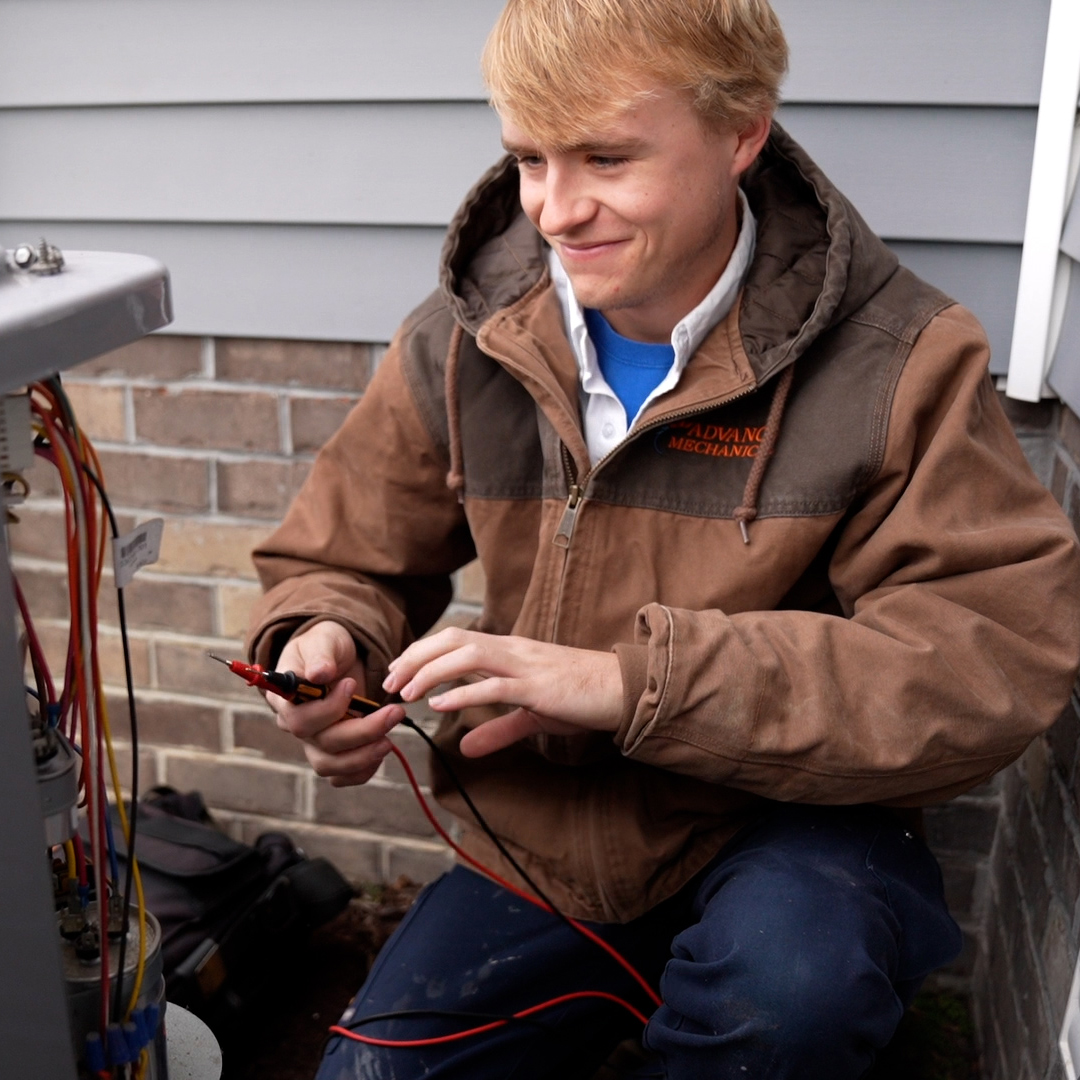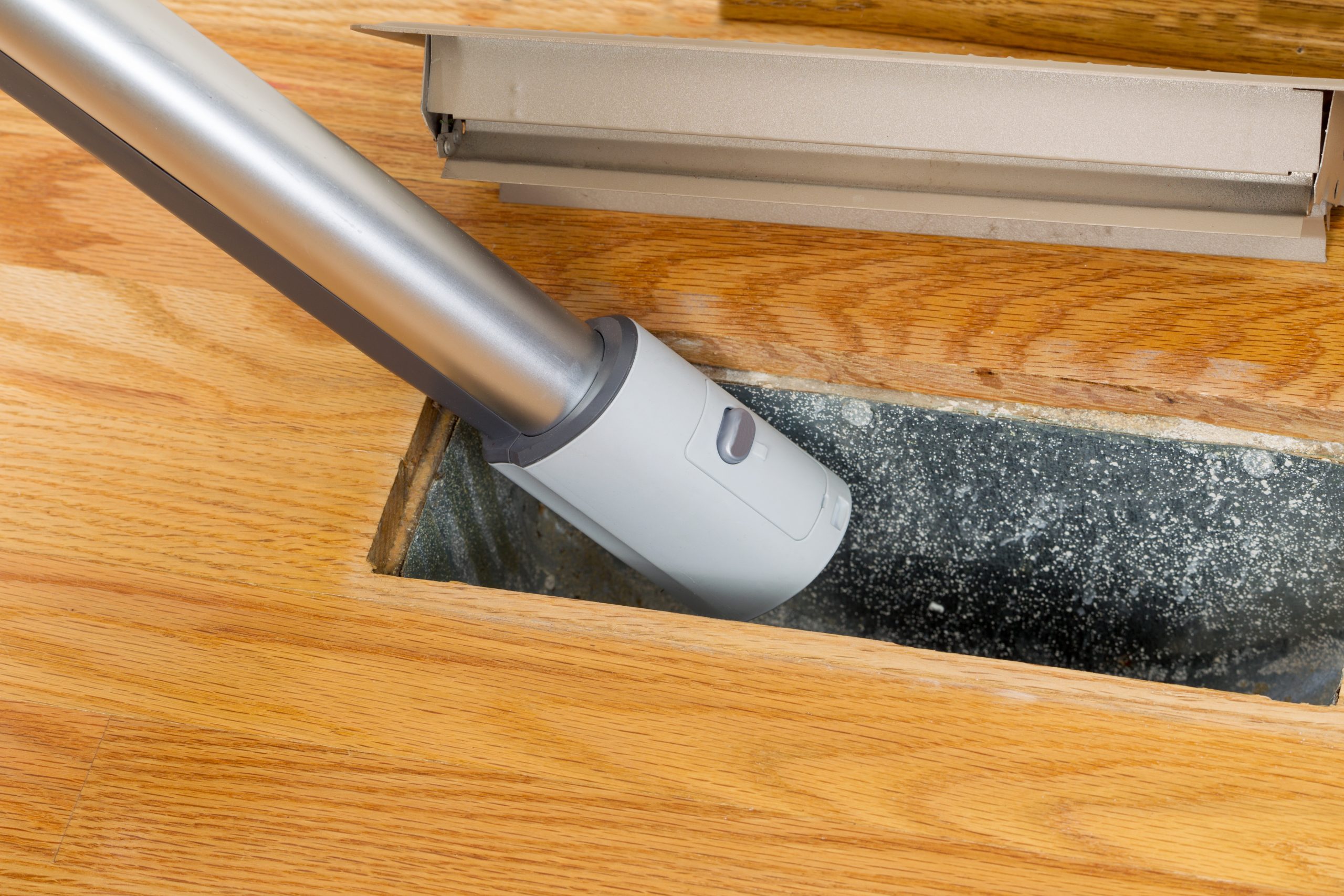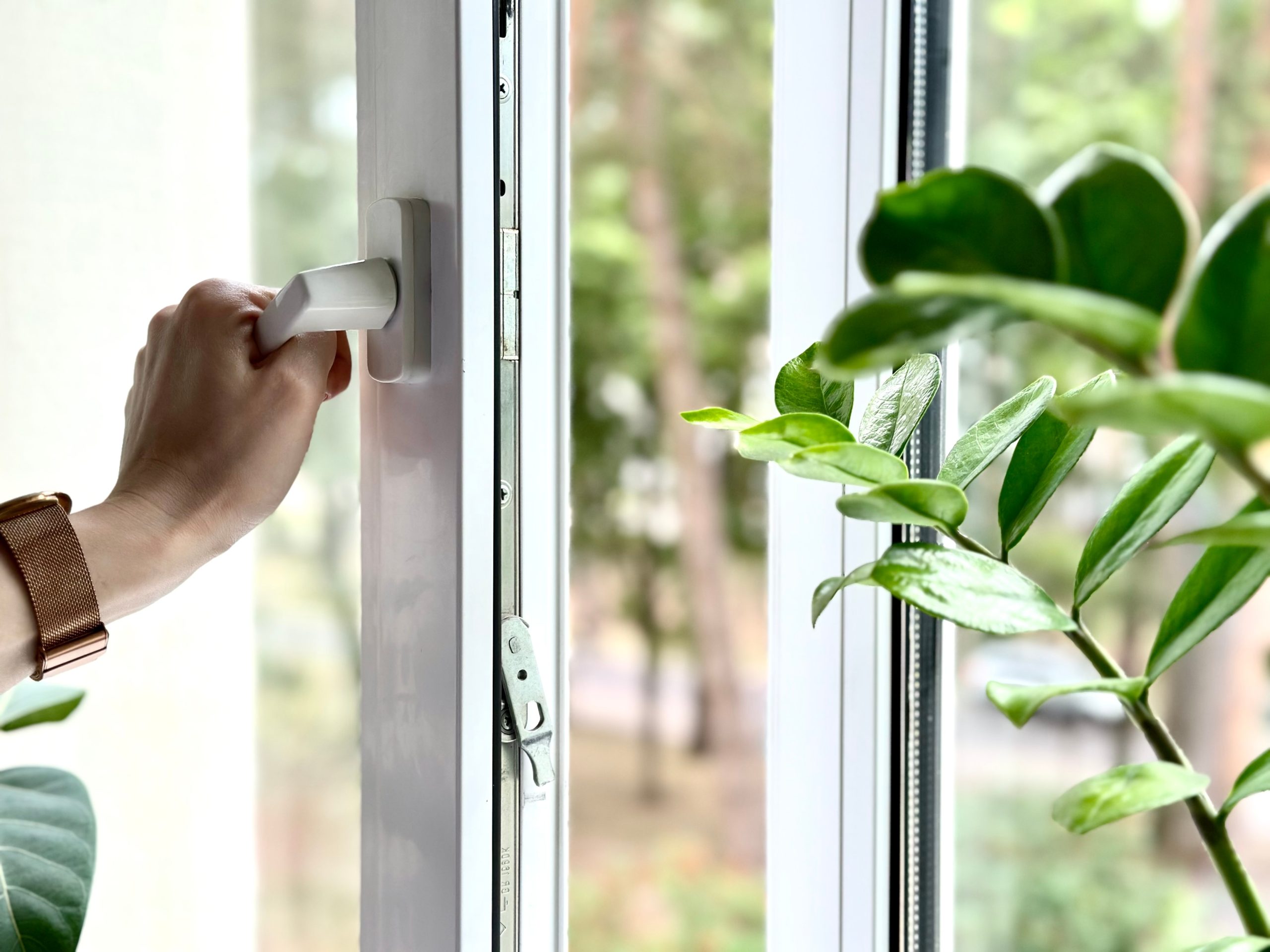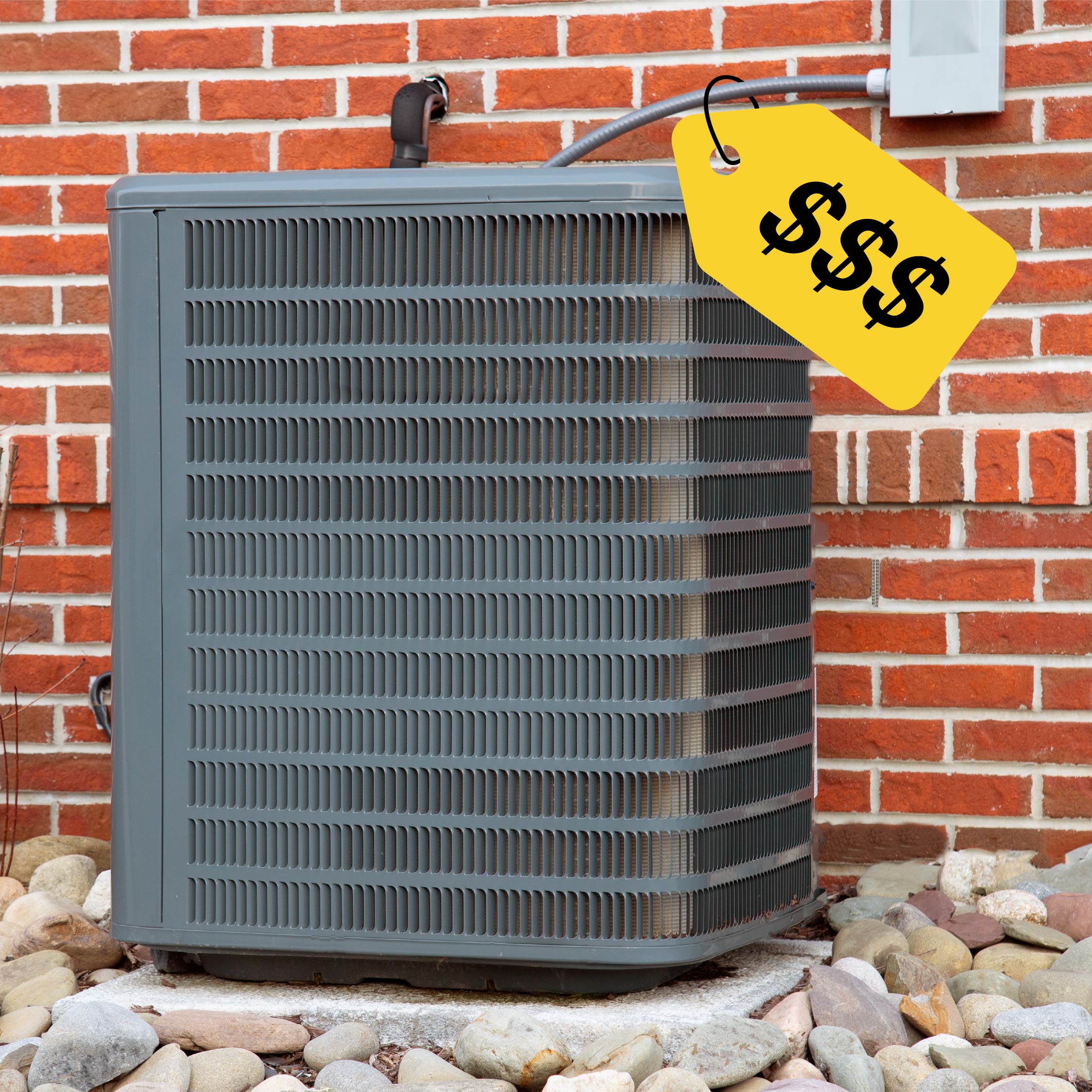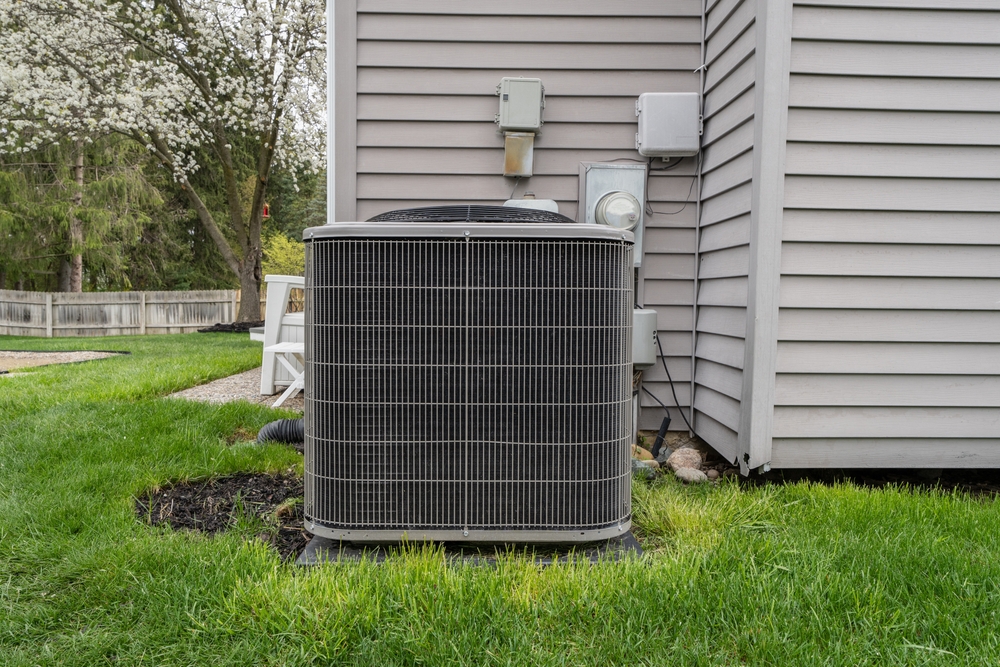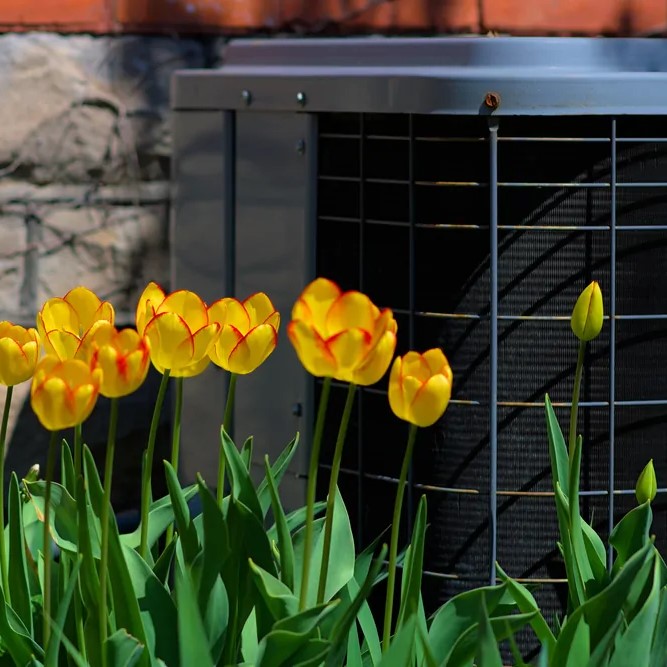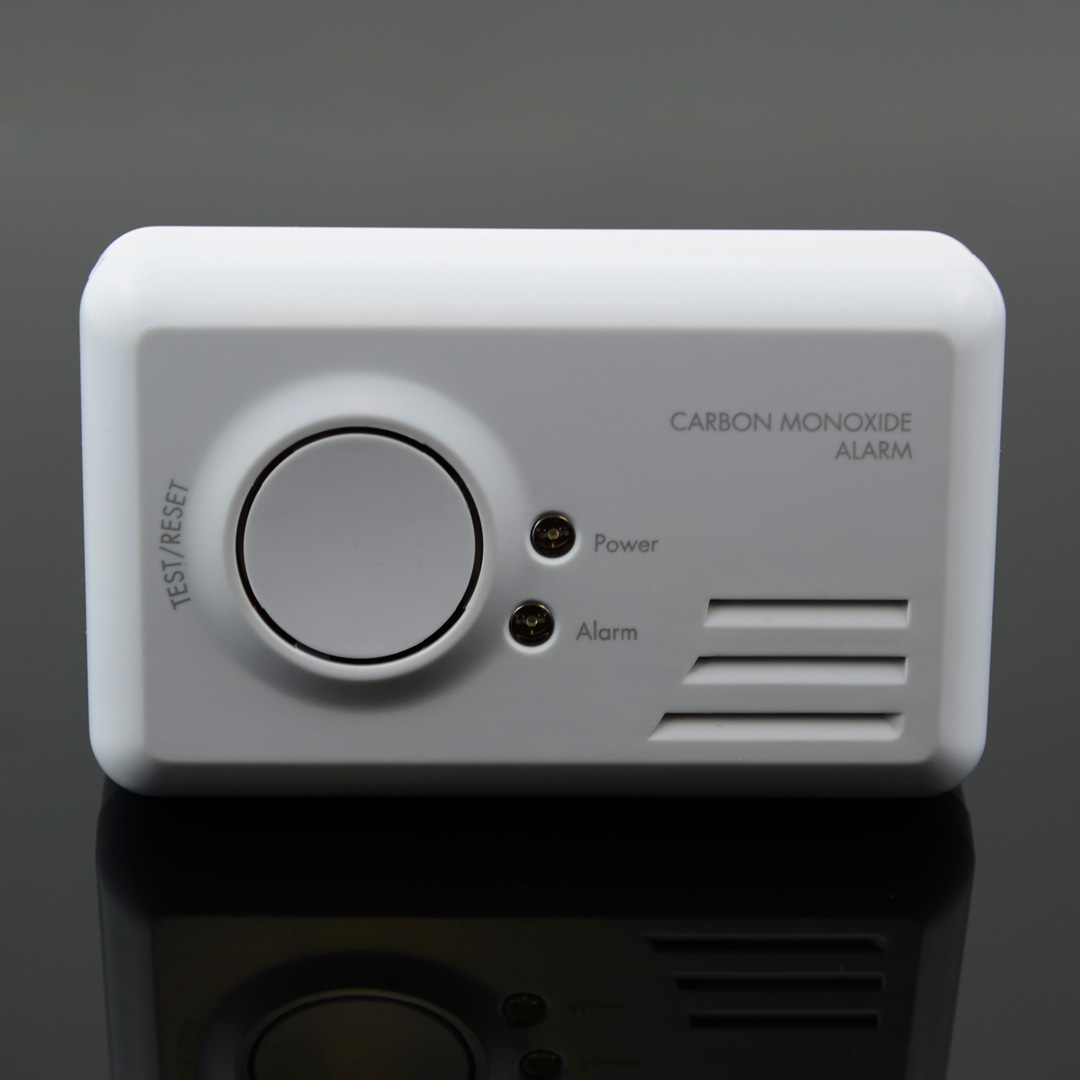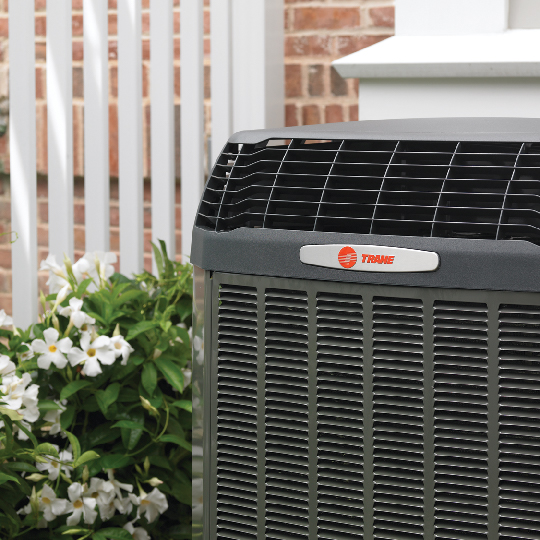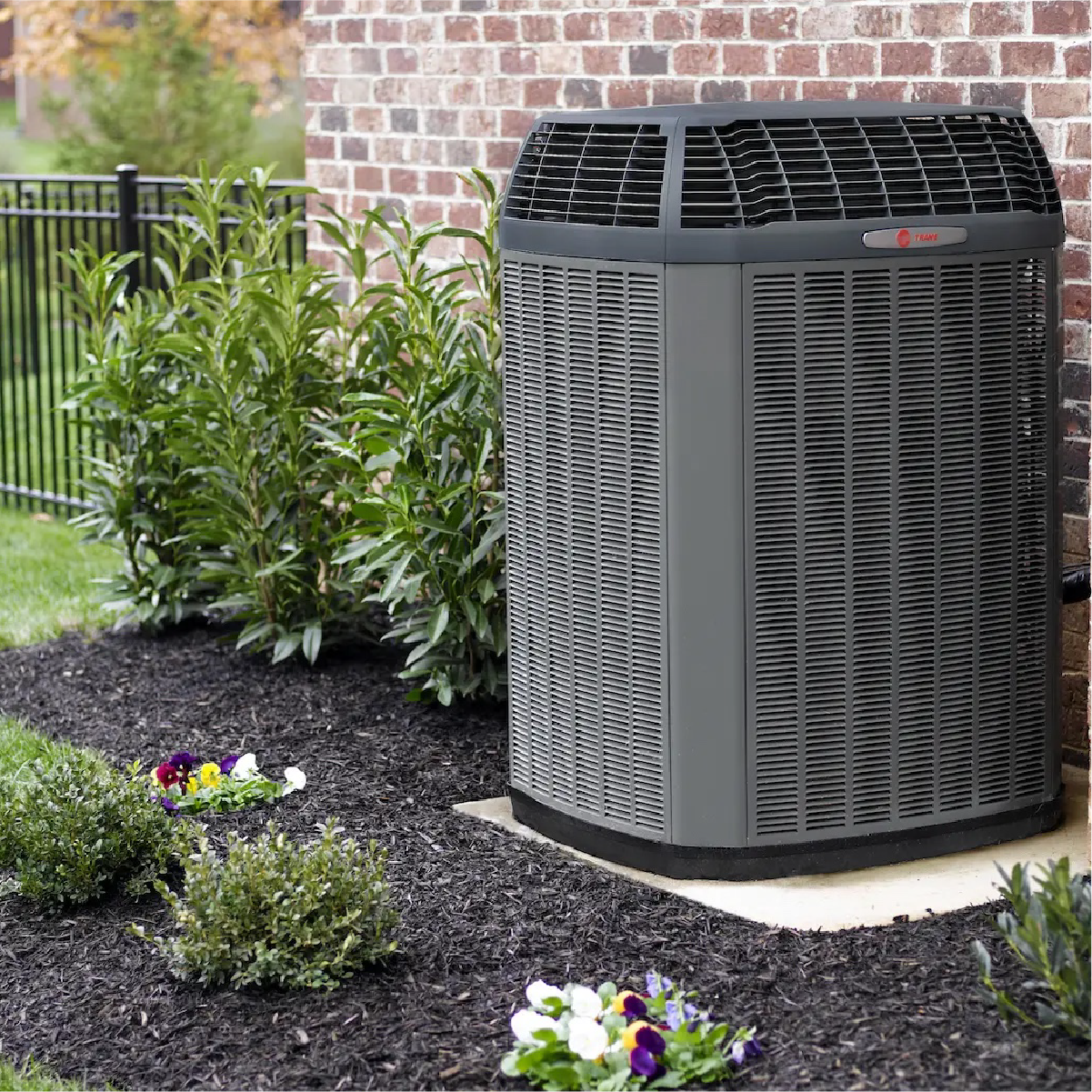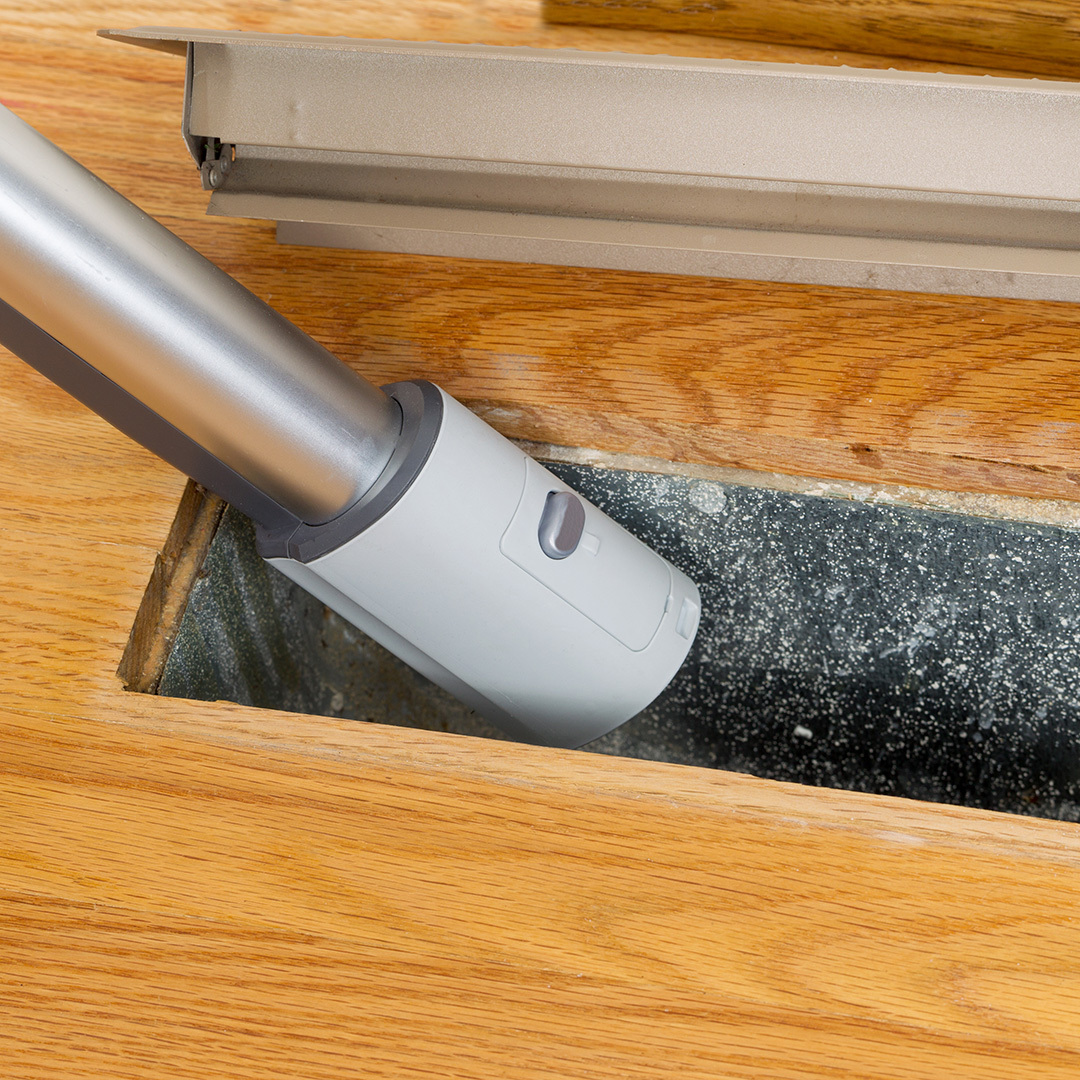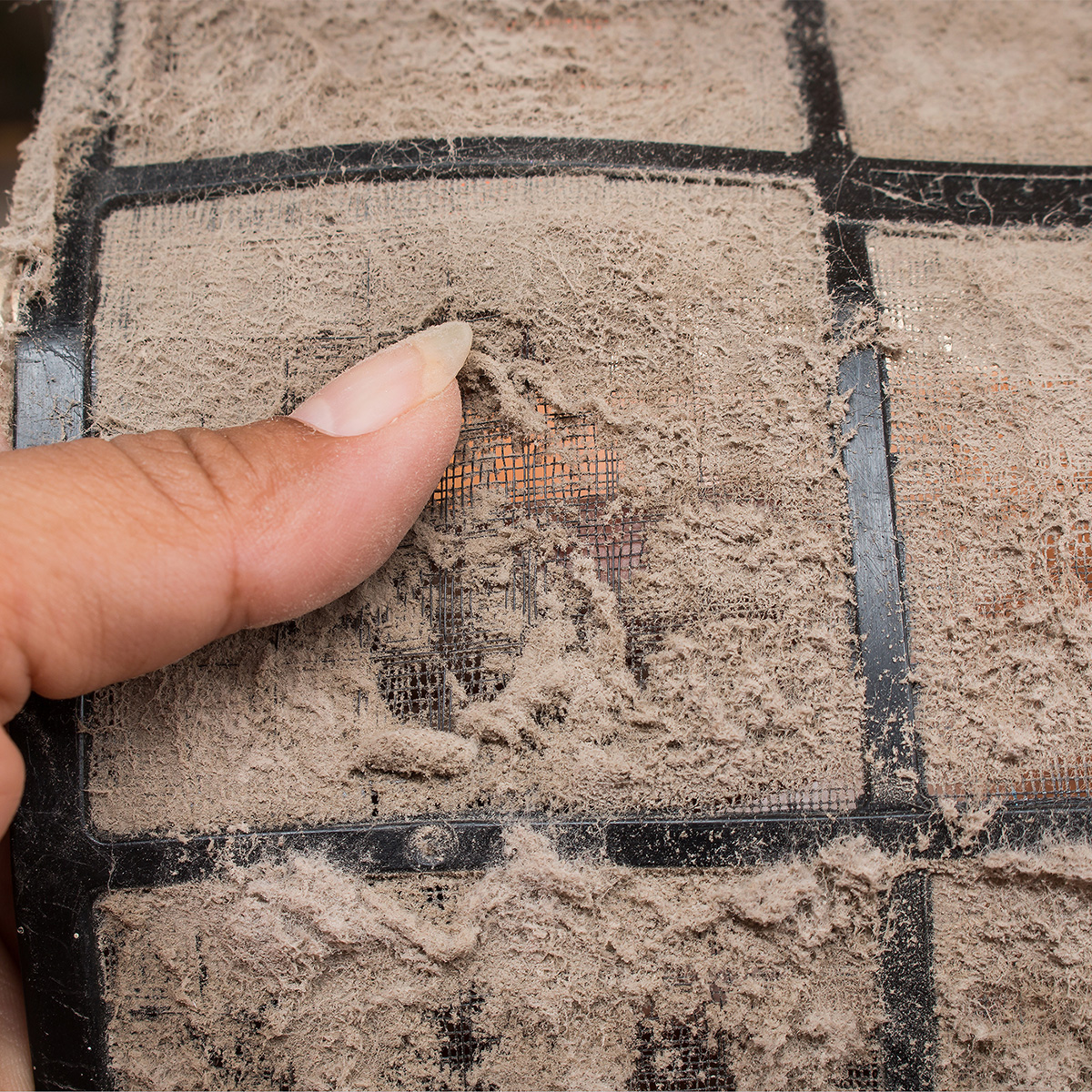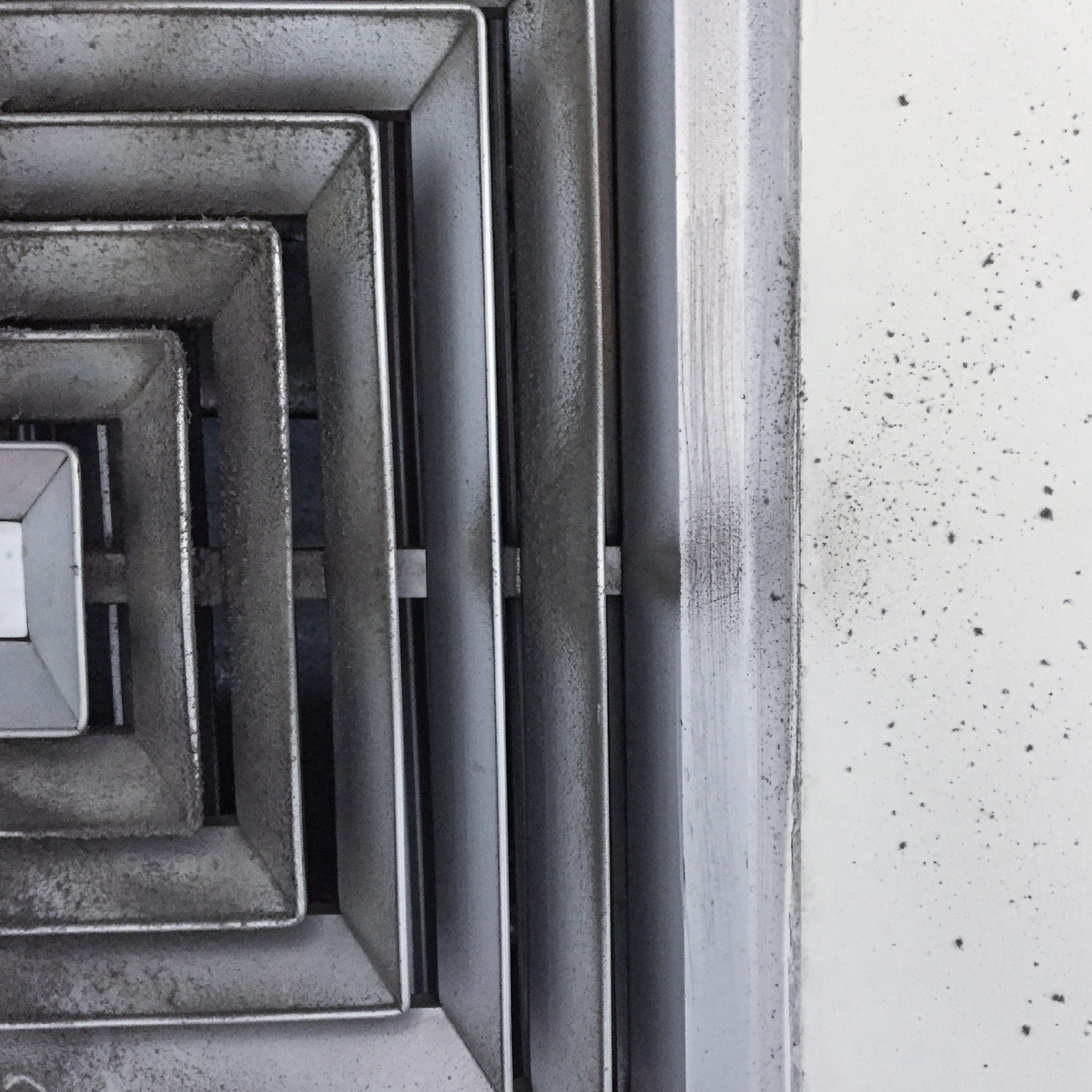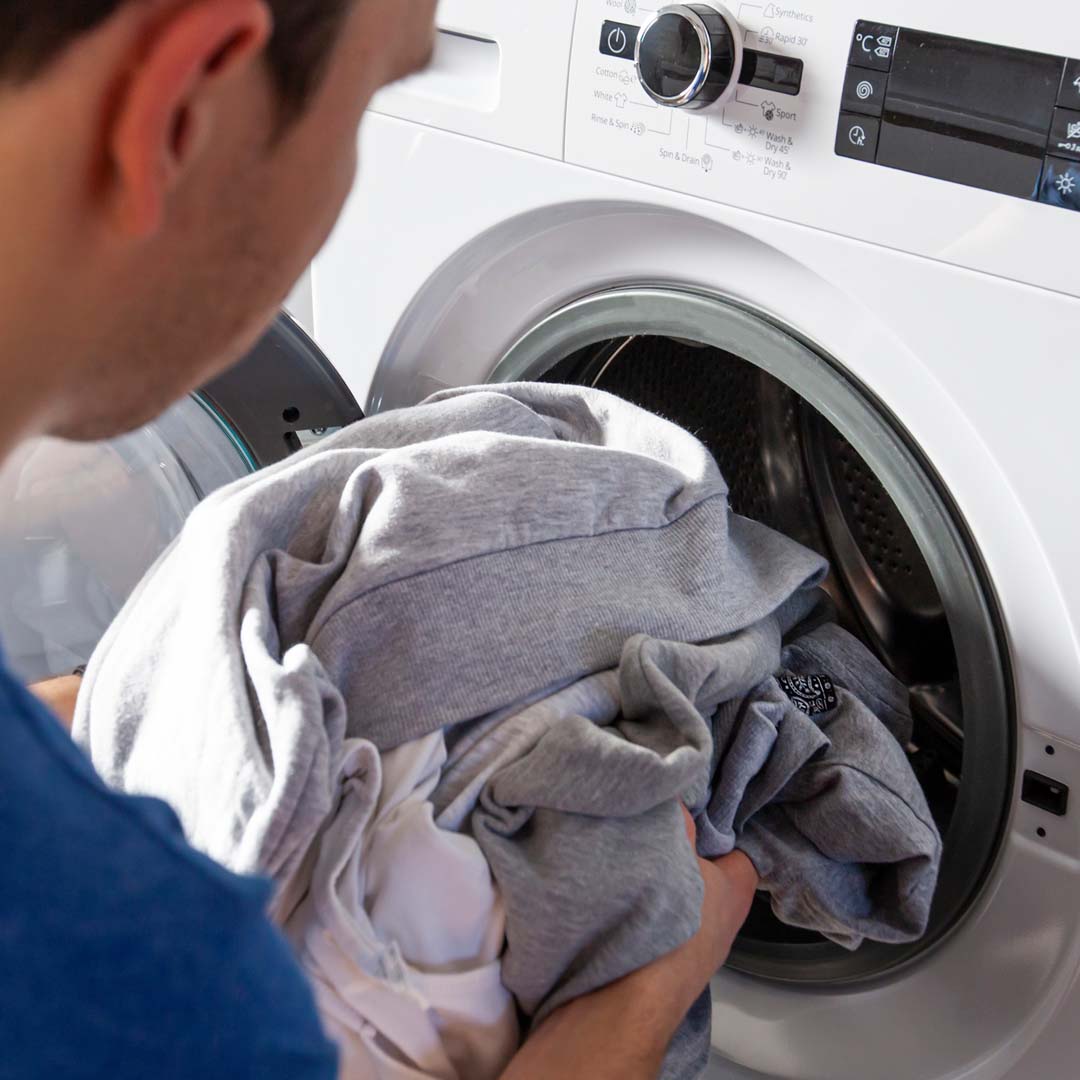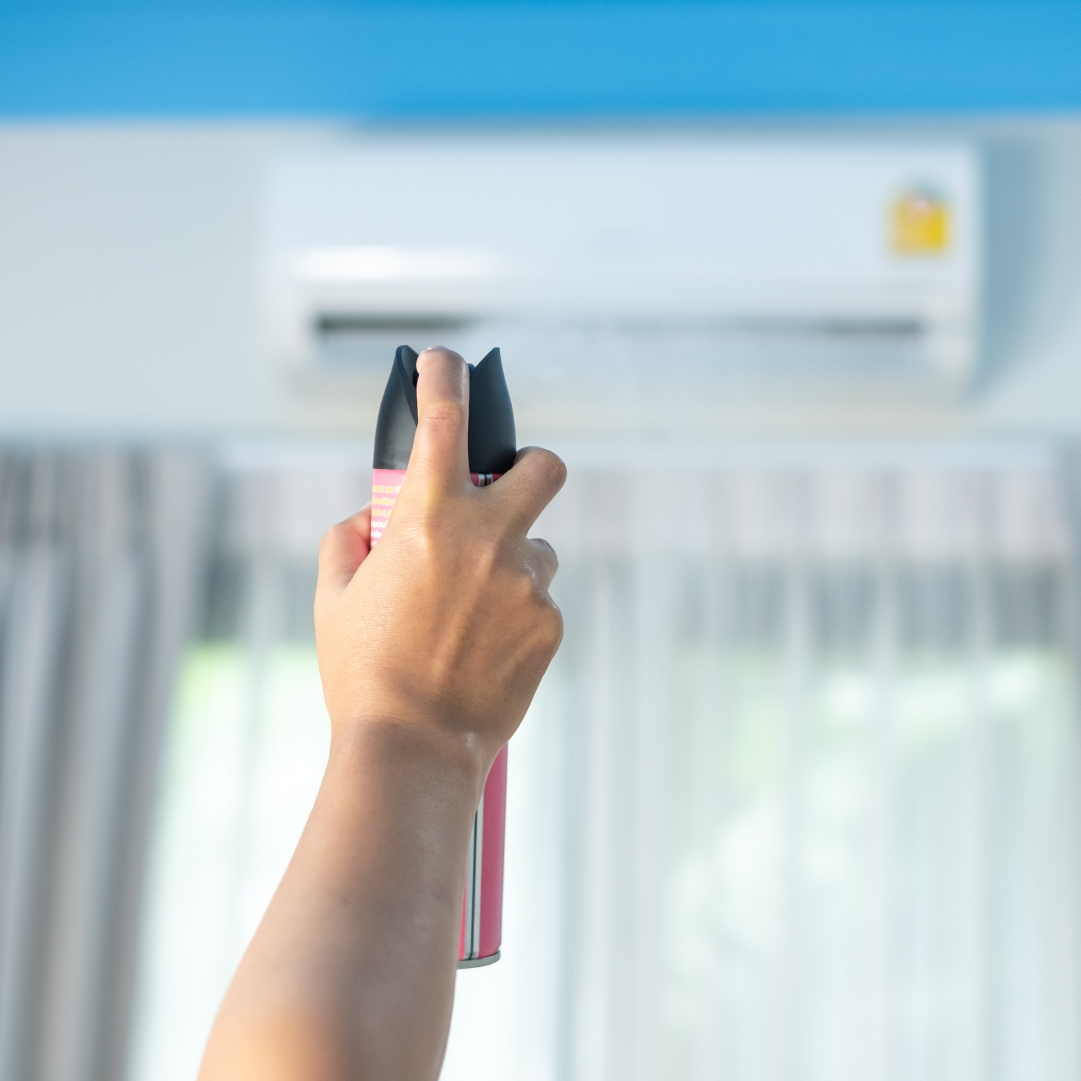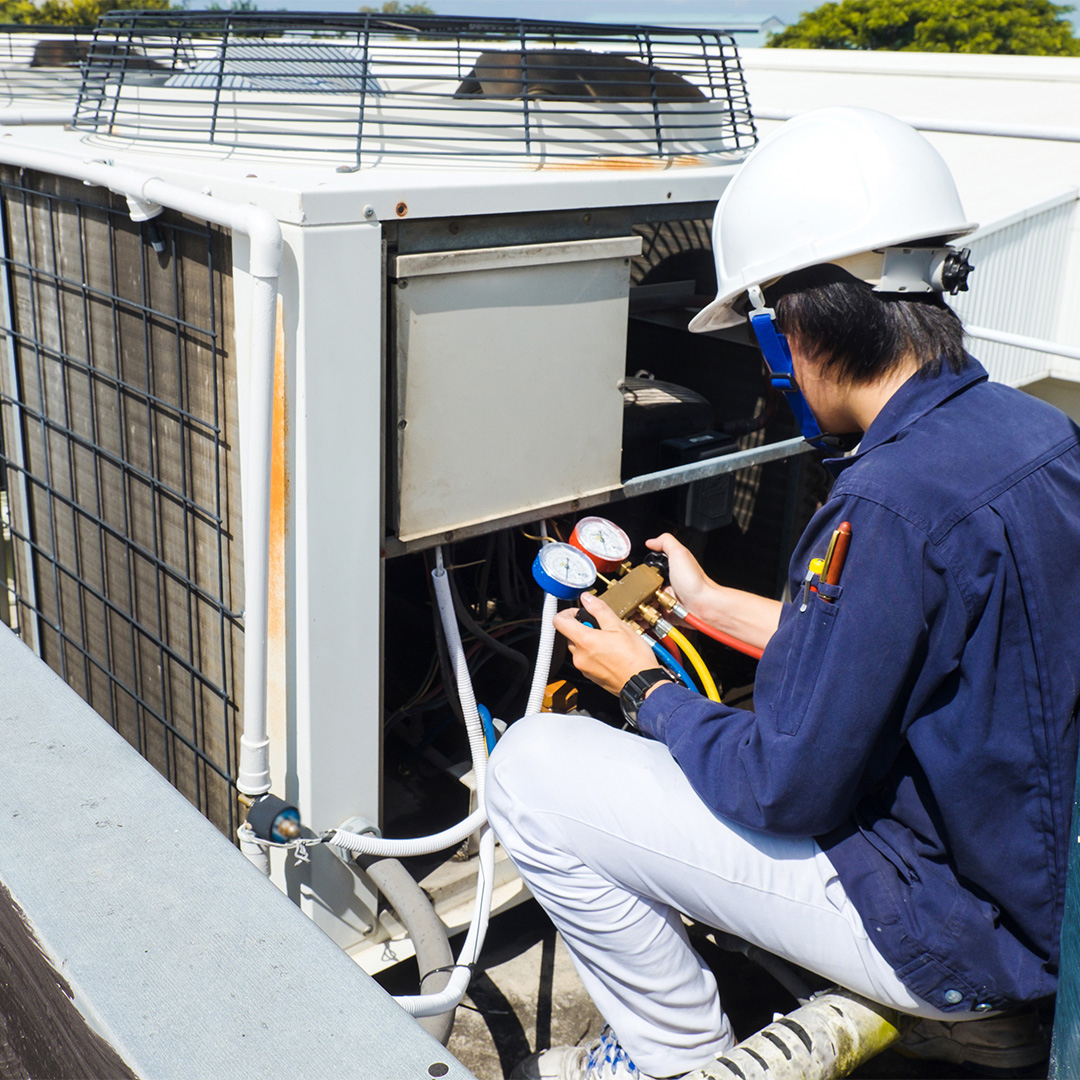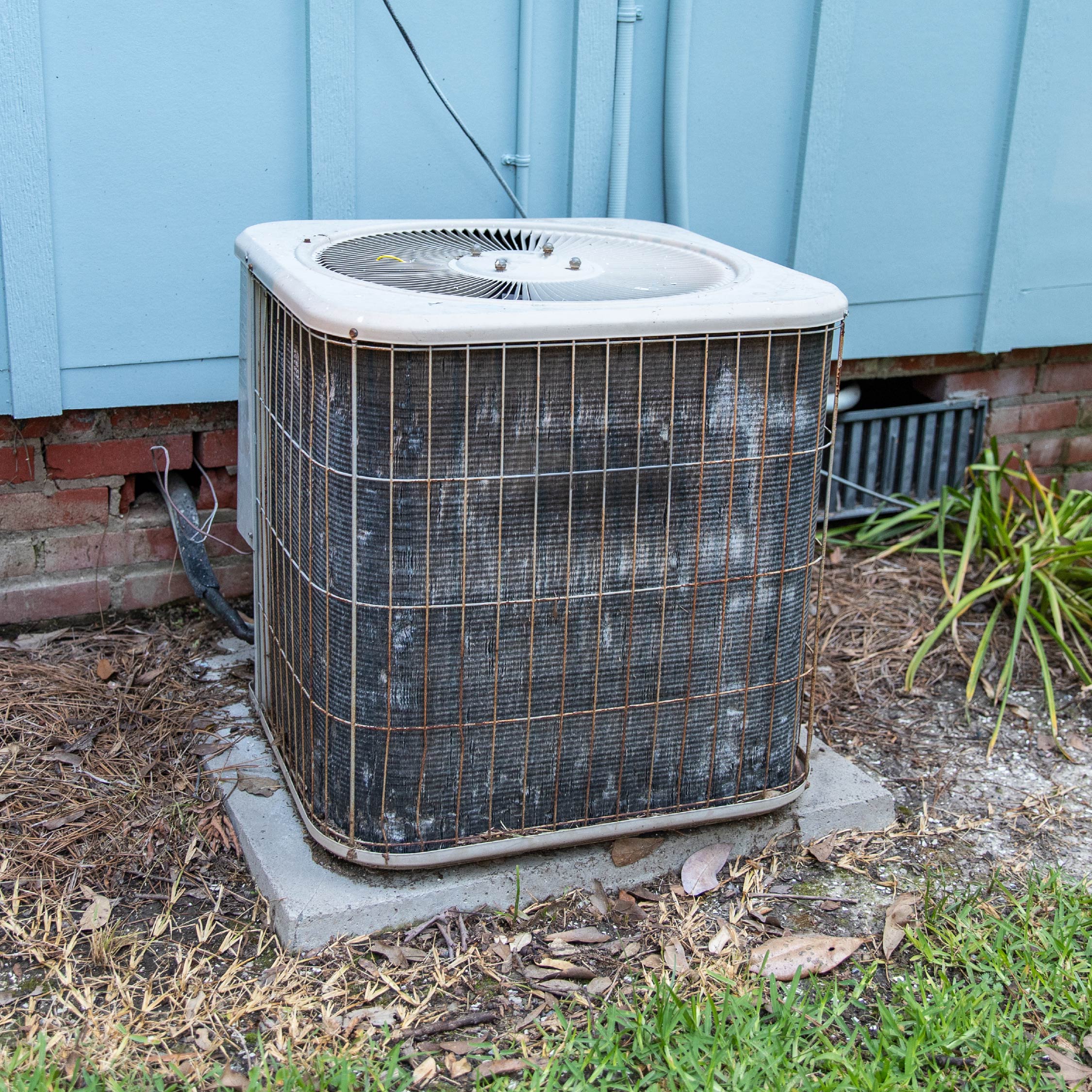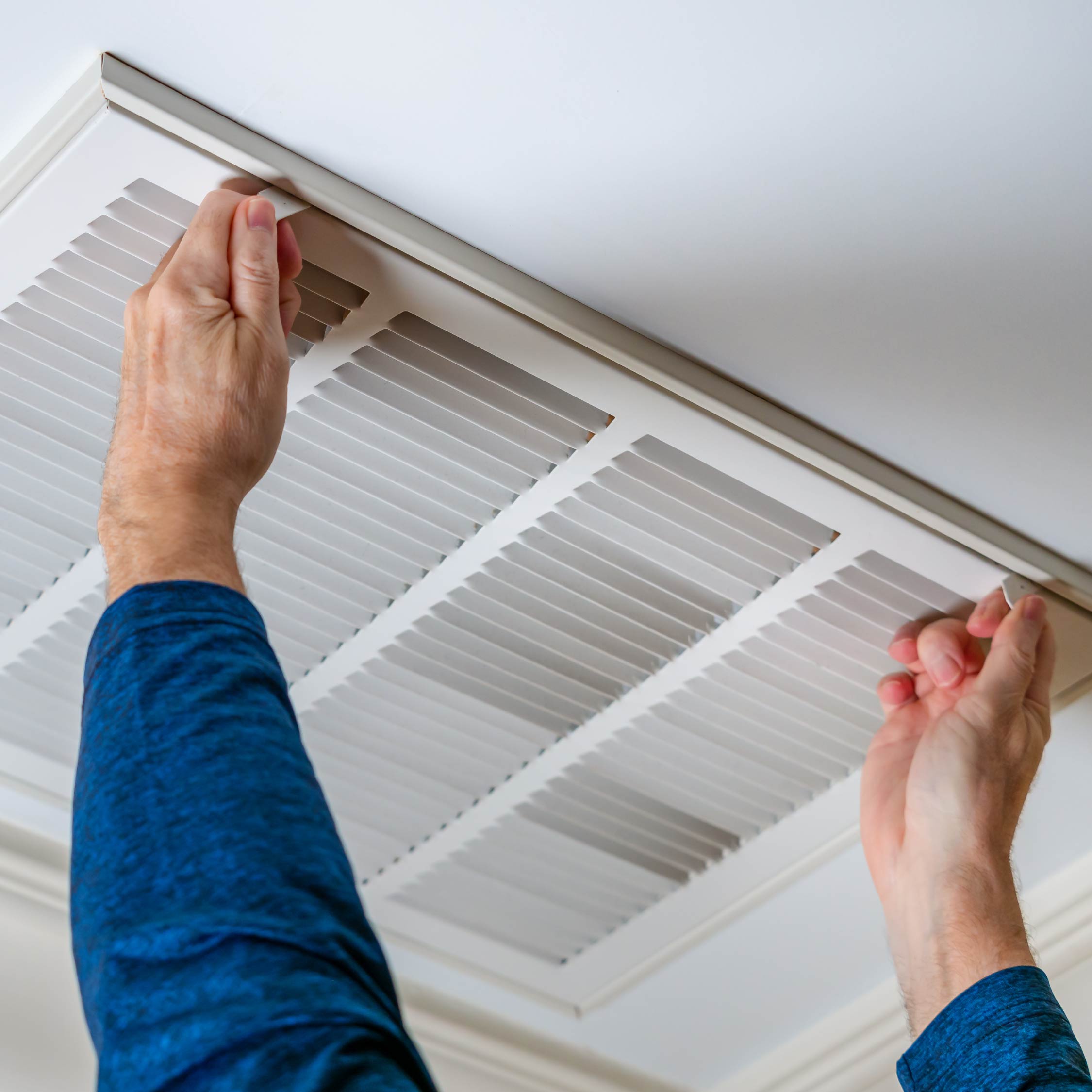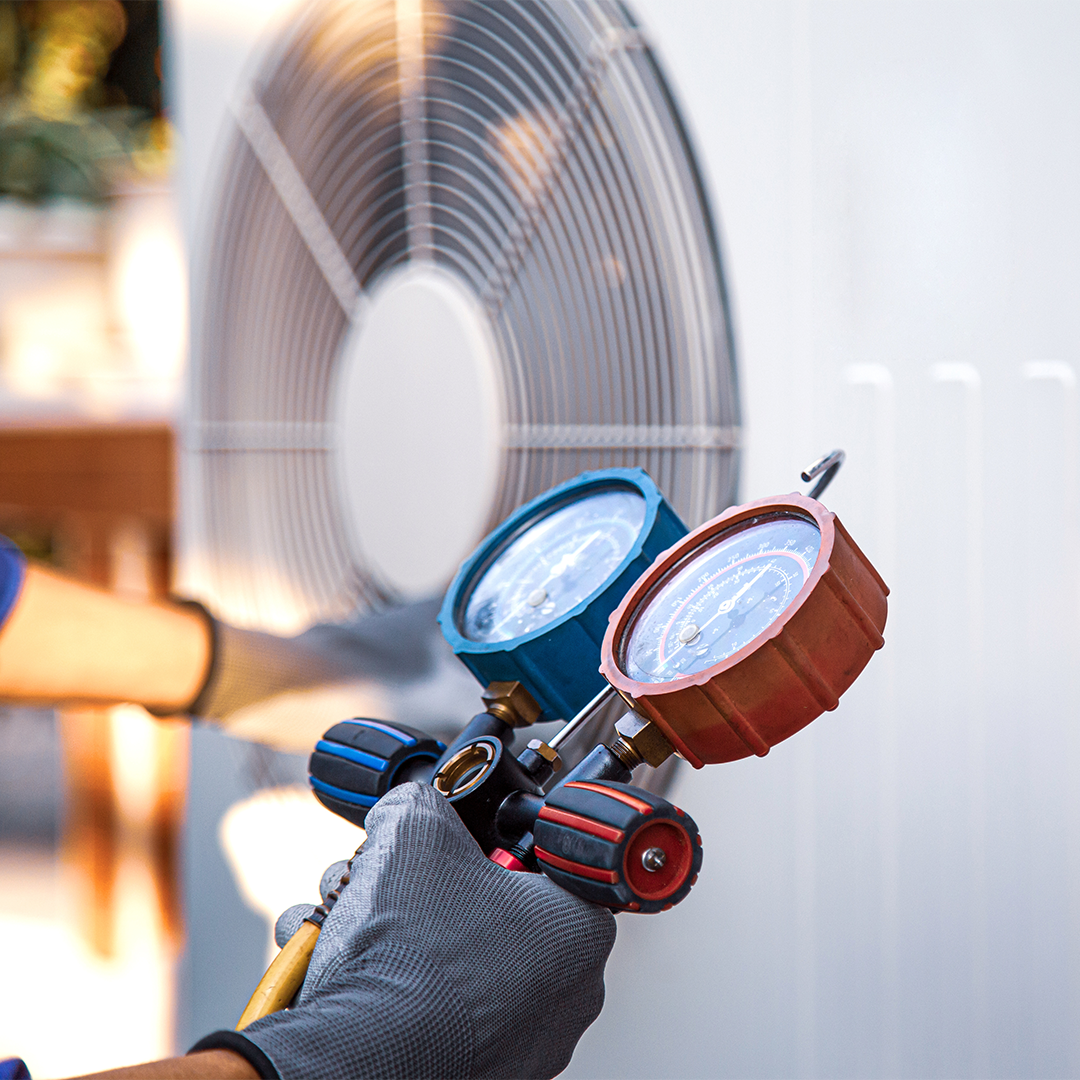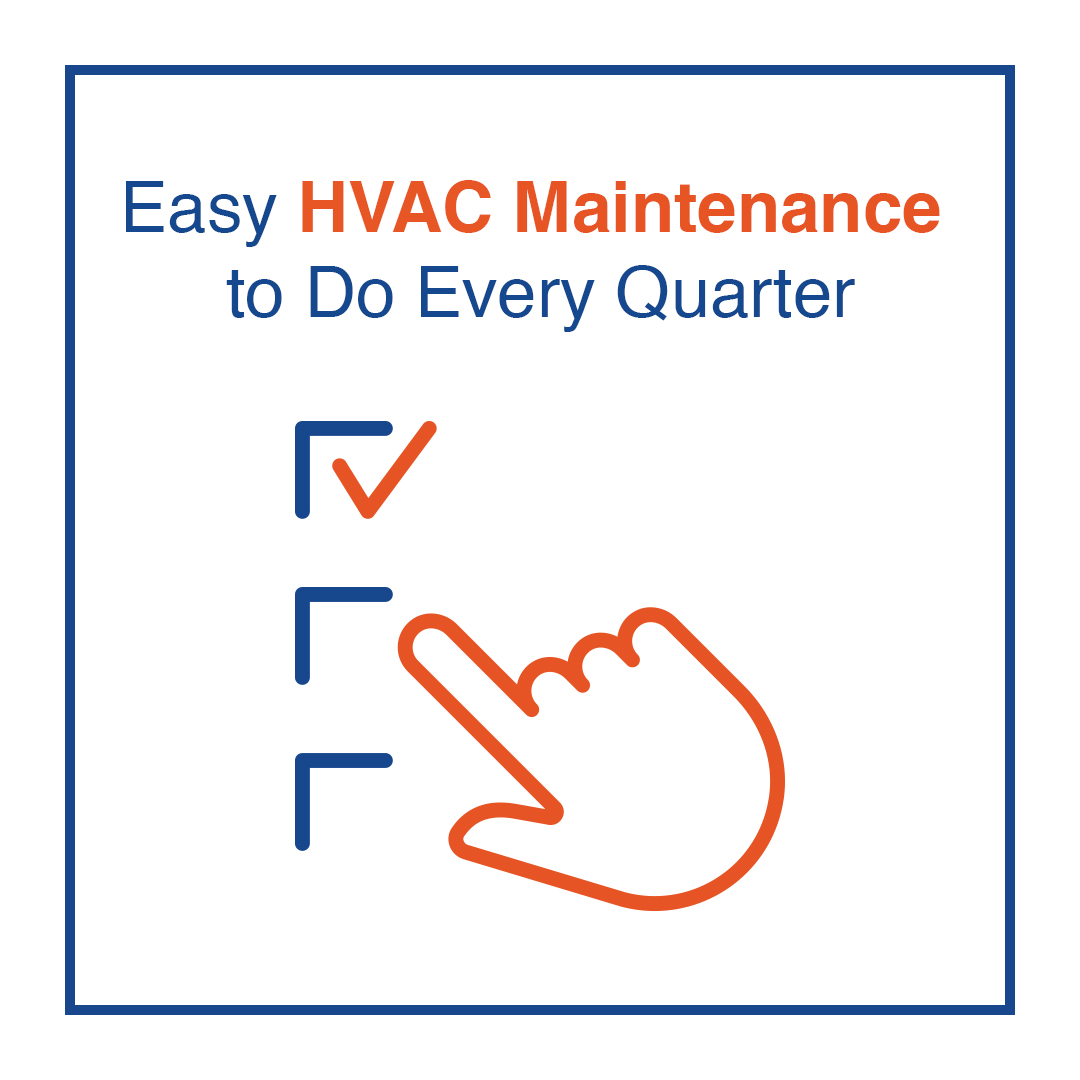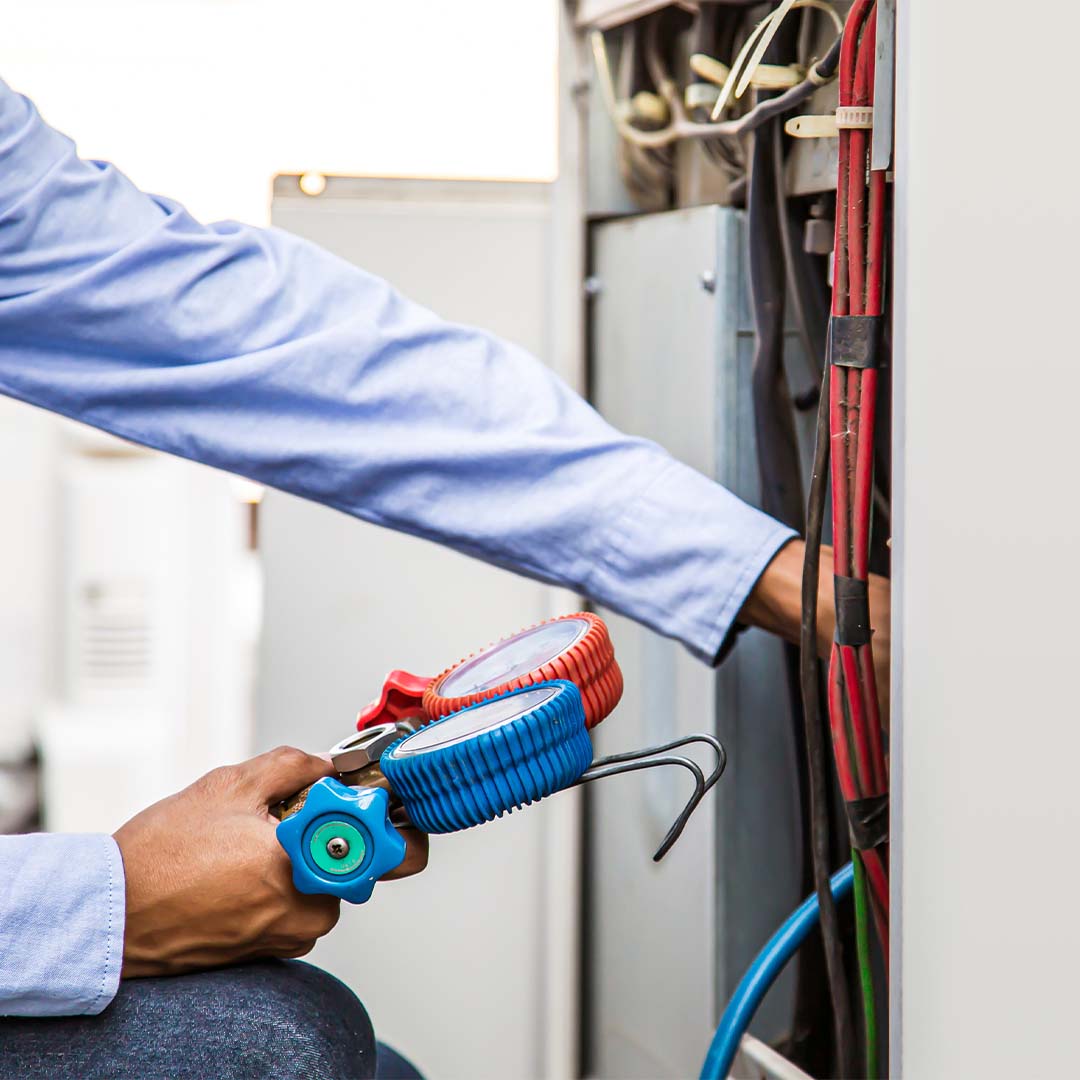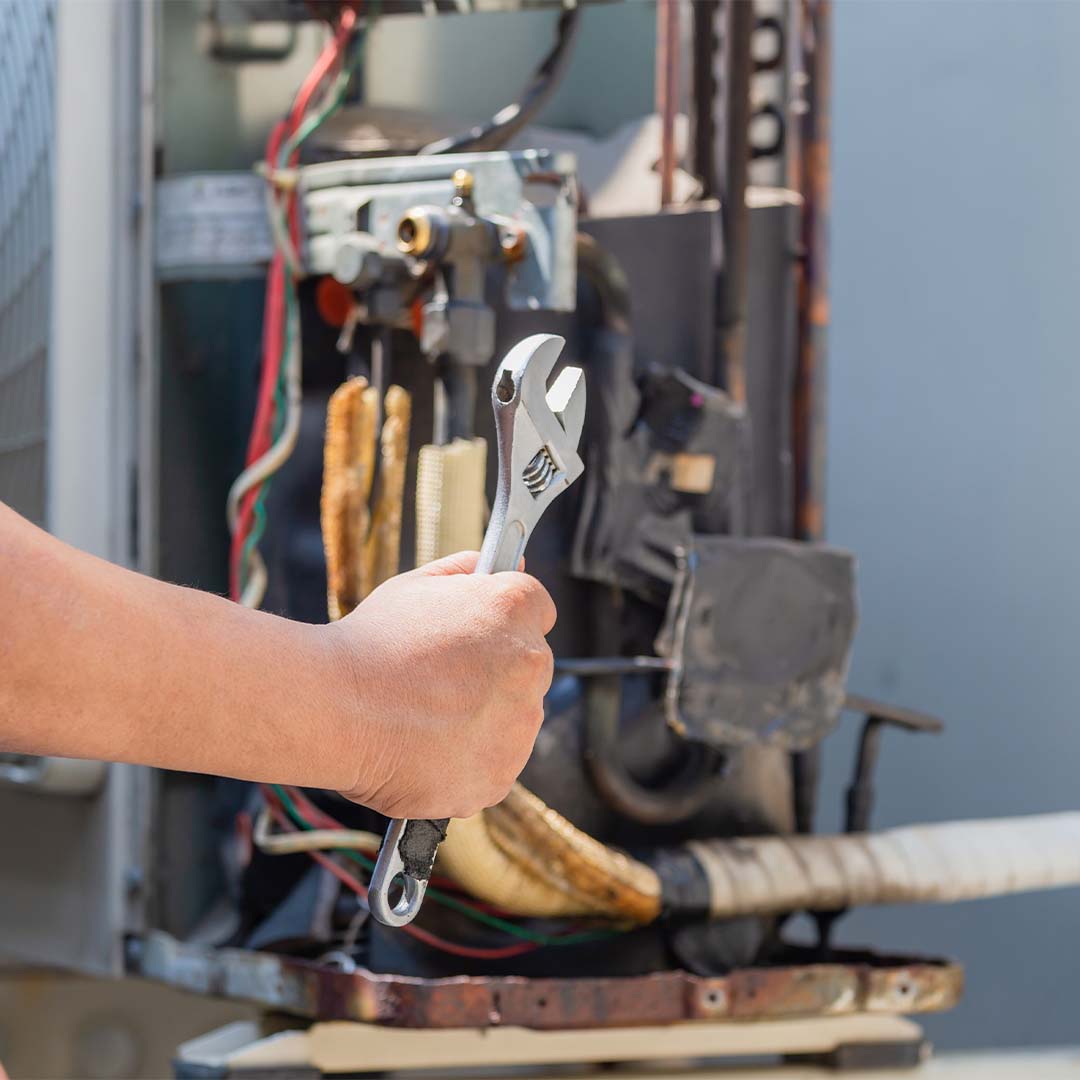When the chill sets in, windows close, the heater cranks up, and suddenly your home becomes a sealed-off bubble. While that keeps the cold out, it can also trap pollutants in—leaving you with dry air, dust, and a few too many mystery sneezes. So how do you keep your indoor air feeling fresh when you’re stuck inside more? Here’s how to improve your indoor air quality when the temperatures drop—without freezing out your comfort.
1. Replace or Clean Your HVAC Filters
Let’s start simple. Your air filter is your HVAC system’s MVP when it comes to trapping dust, pollen, pet dander, and more. But if it’s clogged? It’s basically useless—and your air starts to suffer.
Quick tip: Replace your air filter every 1–3 months. It’s an easy, low-cost way to boost air quality fast.
2. Don’t Skip the Seasonal Maintenance
Your furnace or heat pump needs more than just a switch to “on” in the fall. A professional HVAC tune-up ensures everything is running safely and efficiently—and that there are no hidden issues blowing dirty air throughout your home.
Bonus: A well-maintained system can also help manage humidity levels, which impact how clean and comfortable your air feels.
3. Add Moisture with a Humidifier
Cold air naturally holds less moisture, and running your heater only dries things out more. That dry air can lead to sore throats, itchy skin, and aggravated allergies.
Solution: A whole-home or portable humidifier can help maintain the ideal indoor humidity level (between 30–50%) to keep your air comfortable and your sinuses happy.
4. Crack a Window—Even for a Few Minutes
We know, it’s cold. But letting in a little fresh air now and then helps dilute stale indoor air. Even a 5–10 minute window opening in the morning can make a big difference—especially when cooking, cleaning, or burning candles.
5. Keep Up With Dusting and Vacuuming
Indoor air quality isn’t just about what’s floating around—it’s about what’s settling on surfaces, too. Dust, pet hair, and other particles build up fast when windows are shut and the heat’s running.
Use a vacuum with a HEPA filter and dust with damp cloths to avoid sending allergens back into the air.
6. Consider an Air Purifier or Cleaner
If someone in your home has allergies or respiratory issues, or if you just want an extra layer of protection, an air purifier with a HEPA filter can go a long way. Some HVAC systems even support built-in air cleaning technology.
7. Watch What You’re Burning
Scented candles, fireplaces, and cooking fumes can all release particles into the air. We’re not saying don’t enjoy them—just make sure your space is well ventilated, and don’t overdo it.
Contact Advance Mechanical for All Your Indoor Air Quality Needs in Pitt, Beaufort, and Lenoir Counties
Just because you’re spending more time indoors doesn’t mean you have to settle for stuffy, dry air. With a few small changes and a little help from your HVAC system, your home can be a place of warmth and fresh air—even in the dead of winter.
Need help with filters, a seasonal tune-up, or other indoor air quality solutions? We’ve got your back. Let’s clear the air—literally. Contact Advance Mechanical today!



 (252) 355-9191
(252) 355-9191
